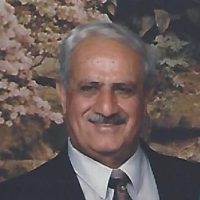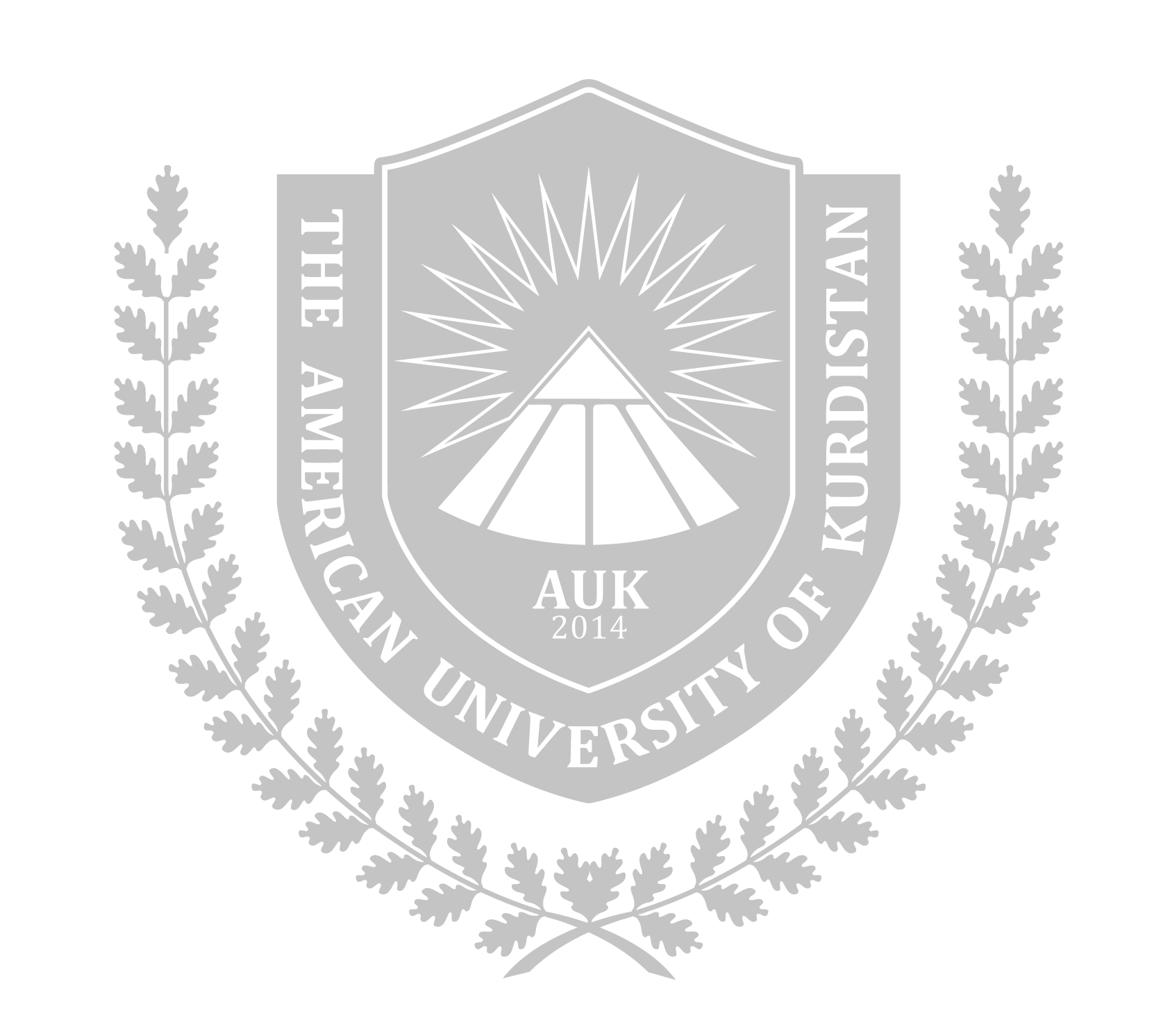
Professor Asad S. Khailany
Lifelong Kurdish rights activist and Emeritus professor at Eastern Michigan University, Dr. Asad Khailany was born into a religious and scholarly family in the town of Rwandiz in 1937, Professor Asad Khailany started his political path to fight for the freedom of Kurdistan at a very young age. He joined the Kurdistan Democratic Party (KDP) in 1953 where his political activities led to him meeting former president Mam Jalal in 1954 and they became lifelong friends. In 1959 Dr. Asad was elected to the KDP’s Baghdad and southern Iraq leadership, and was elected as the president of the Kurdistan Students’ Union. When the KDP applied to be licensed by the Iraqi government in 1960 under the leadership of Mala Mustafa Barzani, Professor Asad was one of the 20 members who submitted the application on behalf of the party. In 1962, he was exiled to Nasiriya, southern Iraq, where he worked as a high school mathematics teacher. While in Nasiriya, he engineered the escape of some of the KDP leadership who were political prisoners, among them Mr. Salih Yousifi. Professor Asad Khailany continued his fight for the rights of the people of Kurdistan and in 1966, he was one of two members of the leadership who strongly opposed the split within the KDP. When he was not able to prevent the split he accepted a scholarship to continue his higher education in 1966 in the United States of America.
Professor Asad Khailany continued his activism for the Kurdish cause while he completed his graduate studies in the United States. He received two Master’s degrees from St. Louis University in 1968, and then a Master’s degree in 1971 followed by a Doctorate degree in 1972 from Washington University, St. Louis in Computer Science and Applied Mathematics. Professionally, he taught Computer Science at the University of Arkansas, Little Rock from 1971-1972. He then joined the faculty at Eastern Michigan University College of Business in 1972, where he taught until his retirement in 2005 as Emeritus Professor. He authored two textbooks and numerous research articles, and participated in many professional conferences as a presenter, reviewer, and panel moderator. However, his driving passion throughout his entire life was to promote the creation of a united and independent Kurdistan. In 1988, he founded and was the first president of the Kurdish National Congress of North America (KNC), a non-profit, member-driven organization representing Kurds from all parts of Kurdistan living in the United States and Canada. Professor Khailany was an indefatigable advocate of a united free Kurdistan and took it upon himself to use any opportunity to shed light on the plight of the Kurdish people; he lobbied US officials persistently. In 1991, he wrote a letter to the first President Bush calling for help and establishing correspondence with the Kurdish leaders Talabani and Barzani after the Kurdish uprising following the gulf war. In April 2003, he met with President George W. Bush to discuss the rights of the people of Kurdistan. At the meeting, he told President Bush that Iraq will be in turmoil for years to come because of the ethnic divide and interference by the neighboring countries. The best US strategy for moving forward would be to split Iraq into three parts, Kurdish, Shiite and Sunni. History has proven him to be right with his prediction.
Professor Khailany always played the role of peace broker between the different Kurdish political parties. During the civil war in the Kurdistan Region he was the one who encouraged Kak Masoud Barzani and Mam Jalal Talabani to have a direct hotline between them, to end the fighting between their parties and stop the bloodshed. He was very outspoken and always voiced his concerns if and when any of the Kurdish leaders did something that was not in the interest of Kurdistan and its people. He worked tirelessly to unite all Kurds from all the different parts of Kurdistan and have Kurdistan be recognized by the world as its own independent nation. Unfortunately, he did not live long enough to see his dream fulfilled. He was a generous man and did his best to assist anyone who sought his help. He loved to gather people together to enjoy a meal and conversation. He will be greatly remembered by many friends and family and the loss of his leadership in the Kurdish diaspora has been deeply felt.
